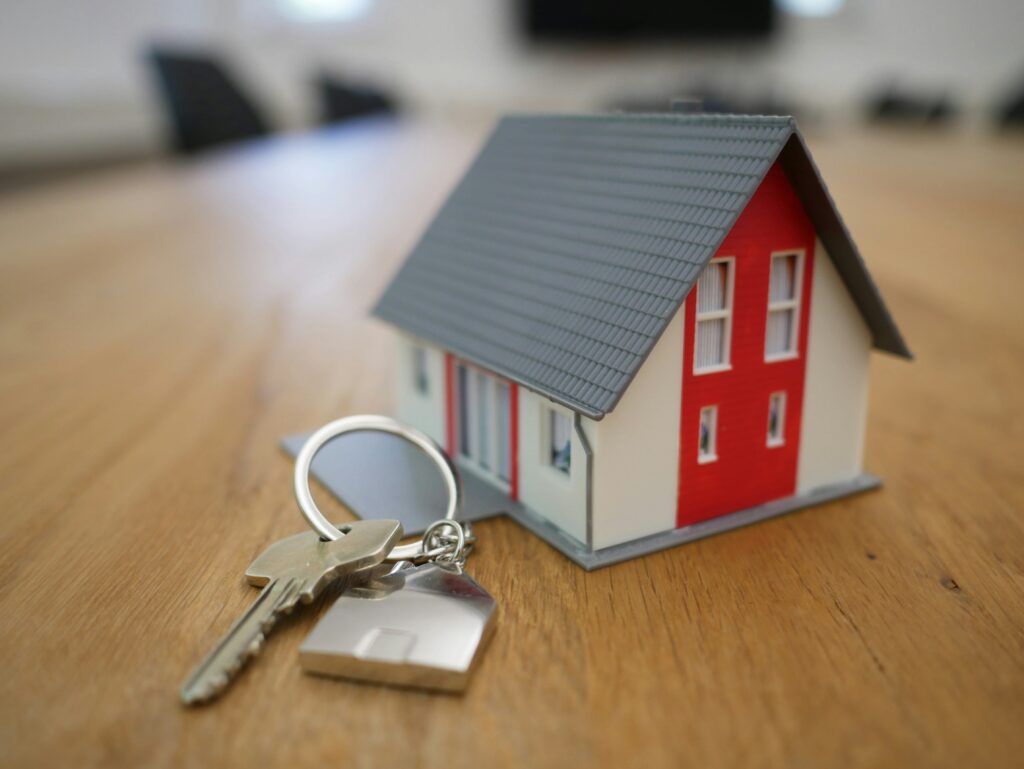Buying a home is a major milestone, but the true price tag goes far beyond the listed sale price. If you’re planning your first or next move, it’s essential to understand the hidden costs of buying a house in New Zealand, from legal and lender fees to reports, insurance, and moving expenses.
Here’s your complete 2025 guide to all the unexpected costs when buying a home in NZ, so you can plan with confidence and avoid financial surprises.
Table of Contents
Toggle1. Legal Fees
Budget $2,000–$3,000 for legal help to process the transaction, verify the property title, and handle KiwiSaver withdrawals if needed.
2. Building Inspections
Essential for protecting your investment, especially in older homes. Inspections can cost between $600–$1,250, depending on the size and age of the home.
3. LIM and Council Files
A LIM report from your local council ($300–$600) reveals zoning, flood risk, building consents, and more.
4. Property Valuation Fees
Banks can sometimes require an independent valuation, costing $500–$1,000, especially for low-deposit buyers.
5. Mortgage Setup and Loan Fees
Watch out for:
-
Low equity margins: an extra 0.25–1.5% on top of the interest rate
-
Break fees: If exiting a fixed-rate loan early
6. House Insurance
Lenders require house insurance before settlement. Expect to pay $1,000–$4,500+ per year, depending on risk factors and rebuild costs.
7. Moving and Utility Setup Costs
Include:
-
Movers/trucks: $300–$1,200
-
Utility setup (power, internet, gas): $100–$500
8. Council Rates and Body Corporate Fees
Expect:
-
Rates: $2,000–$5,000+ annually
-
Body corporate fees: $2,000–$6,000 annually for units/apartments
9. Repairs and Renovations
Plan for 1–2% of the home’s value per year for general maintenance, unexpected repairs, or deferred upkeep.
10. New Furniture and Appliances
First-time buyers often need:
-
Whiteware
-
Furniture
-
Curtains/blinds
Budget: $1,000–$5,000+
Facebook Marketplace is a good place to get some decent-quality furniture for cheap.
11. Security Upgrades
Rekeying locks, alarms, or cameras can improve peace of mind. Estimate $150–$600+, depending on systems.
12. Bridging Finance or Temporary Accommodation
If there’s a gap between buying and selling, you might need:
-
Bridging loans (higher rates/fees)
-
Temporary housing/storage: $500–$2,000+
Plan for this if settlement dates don’t align or if you’re relocating.
Final Thoughts
Understanding the hidden costs of buying a house in NZ puts you in control of your purchase and protects your financial well-being. Whether you’re buying your first home or investing in a rental, being aware of these extra costs can make all the difference.
Frequently Asked Questions
How much should I budget beyond the sale price?
It’s recommended to budget an additional 5% of the property’s value to cover extra costs like legal fees, insurance, inspections, lender fees, furniture, and moving.
Are LIM reports and inspections really necessary?
Yes. A LIM report provides vital council information about the land and property. Building and pest inspections help you uncover structural issues, non-consented work, or future maintenance costs.
Can I use my KiwiSaver to pay for extra costs like legal fees or insurance?
No, KiwiSaver funds can generally only be used for the purchase price of the home, not associated costs. You’ll need to cover fees like legal and insurance separately.
What happens if my lender's valuation is lower than the purchase price?
You may be required to increase your deposit or renegotiate the purchase. It’s a good idea to have a buffer or pre-approval conditions that allow flexibility.
What is a body corporate and why are there fees?
A body corporate is an entity that manages shared property, typically in apartment or townhouse complexes. Fees cover insurance, maintenance, and admin for common areas.
What insurance do I need before settlement?
Home insurance is usually mandatory before settlement as a condition of your mortgage. Many lenders require proof of coverage for replacement value on the day of settlement.



